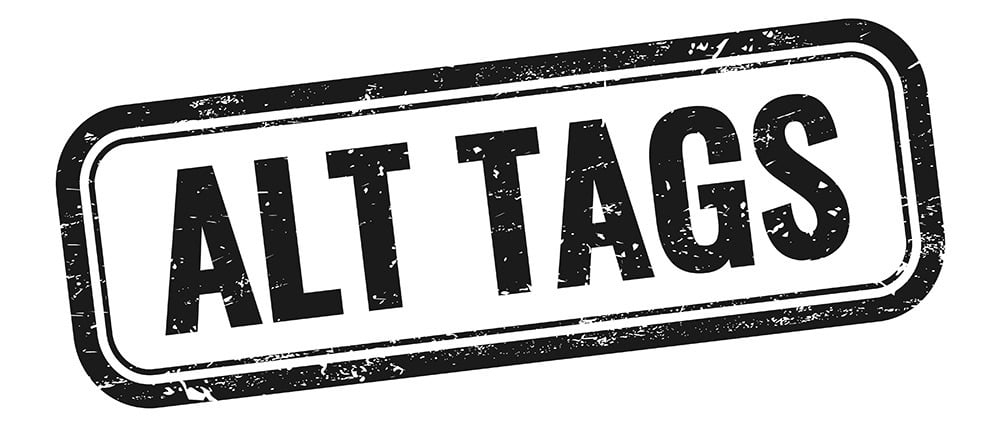-

-

What Does Google’s New Algorithm Mean for Businesses?
Read MoreAs any digital marketing expert knows, SEO (search engine optimization) is a key factor in any digital strategy. Search engines, like Google, use a website's SEO to rank the site on their page. For example, when a user Googles "doggy daycare," the first link they
-

-

Digital Strategy: Do I Need One?
Read MoreToday's web landscape can be a tricky place. Algorithms are constantly changing. New apps, websites, and trends occur more frequently than we realize. Some businesses believe that hiring a digital marketing agency is a waste. It seems as though navigating the web would be easier
-

-

Stay on Brand: Basic Brand Management Tips and Guidance
Read MoreHave you ever wondered what the difference is between marketing and public relations? We like to look at it in simple terms. Marketing is the creative effort to sell your product. Conversely, public relations is the creative effort to sell your brand. Your brand is
-

-

Which Social Media Platforms are Right for Your Brand?
Read MoreEvery brand in today's world knows that in order to be truly successful, you must be on social media. This is partially because the marketing power is great. Another reason is the societal ideology that a social media presence confirms an identity. What we mean
-

-

What is SEO and Why Does Your Website Need It?
Read MoreIf you've dabbled in digital marketing at all, you've probably heard of the term "SEO," or Search Engine Optimization. It is a vital aspect of any successful online business, from blogs to e-commerce and beyond. To understand it and how it works, there are a
-

-

What is ALT Text and Why Do I Need It?
Read MoreYour website is the digital face of your brand. It's how people find you, learn about you, and decide whether or not to do business with you. That said, there is a wide range of internet users that every business must be aware of and
Monday
9:00 AM - 6:00 PM
Tuesday
9:00 AM - 6:00 PM
Wednesday
9:00 AM - 6:00 PM
Thursday
9:00 AM - 6:00 PM
Friday
9:00 AM - 6:00 PM
Saturday
Closed
Sunday
Closed
Awards & Achievements








© 2024 All Rights Reserved.
